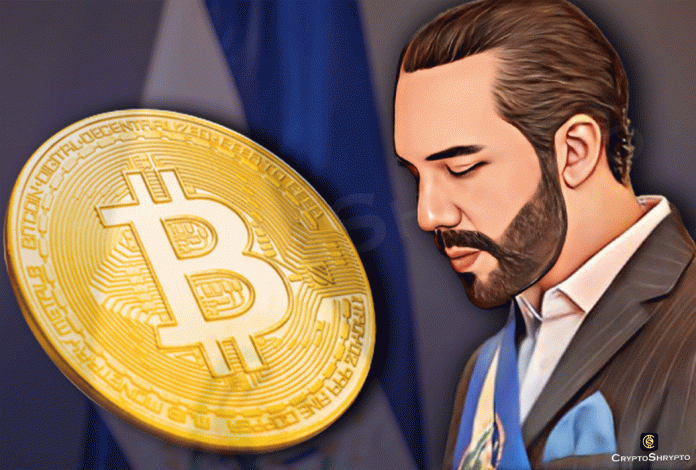According to a recent study undertaken by the National Bureau of Economic Research (NBER), a non-profit research organisation based in the United States, Bitcoin adoption has failed to take off in El Salvador.
After using the $30 bonus, more than 60% of respondents left the government’s Chivo wallet. A surprising 89% of Salvadorans have never received remittances using the app (only 3% of the respondents received them in Bitcoin). 99% of those polled had never paid their taxes in Bitcoin.
Despite the fact that the majority of residents had access to a smartphone with an internet connection, 60% of citizens did not download Chivo at all. The vast majority of Salvadorans have never used the Chivo ATMs that have been deployed around the nation.
For the vast majority of users, the use of cash, as well as debit and credit cards, remained virtually unchanged after downloading the Chivo wallet.
Despite the fact that the controversial Bitcoin Law demands obligatory adoption, 80% of businesses in El Salvador still do not take the biggest cryptocurrency as of April. 71% of those firms that did disclose Bitcoin sales converted them to US dollars (only 12 % of them chose to store their coins in the wallet).
To much fanfare, El Salvador formally adopted Bitcoin as legal tender in September. There hasn’t been a single nation that has followed suit since. Contrary to recent rumours, the Central African Republic (CAR) has not made Bitcoin legal money.
President Nayib Bukele, who used to constantly tweet about his poor-timed Bitcoin trades, is now relatively mute on the subject as he posts photos of arrested gang members. El Salvador has extended the state of emergency declared in March in order to combat gang violence. Earlier last month, Bukele cancelled his attendance at the Bitcoin 2022 conference in Miami.
El Salvador similarly delayed the issuing of its much-touted Bitcoin bonds in March.




